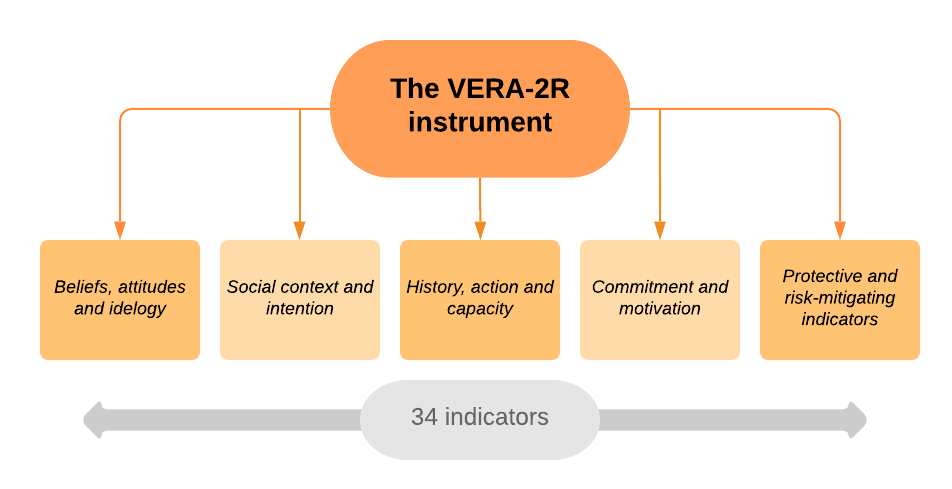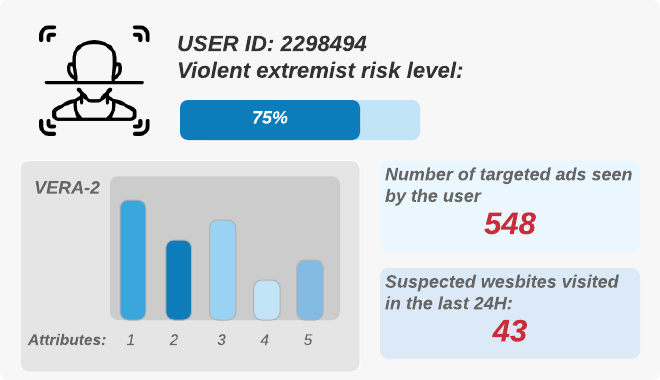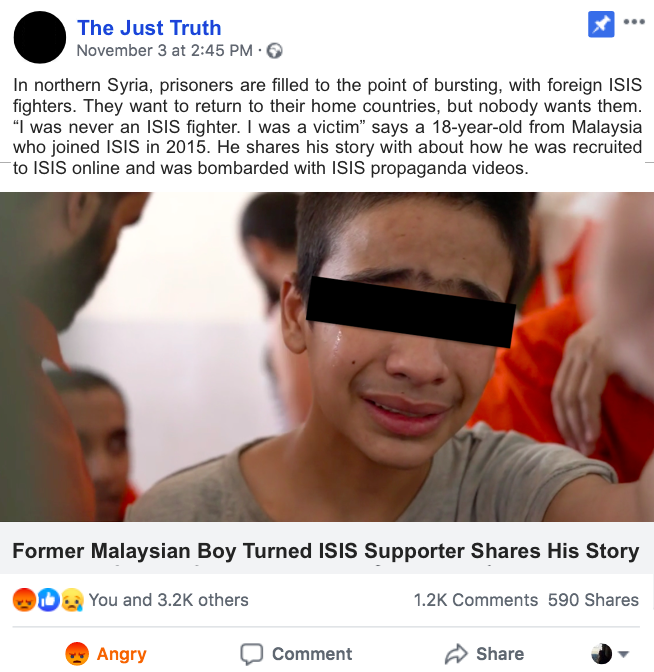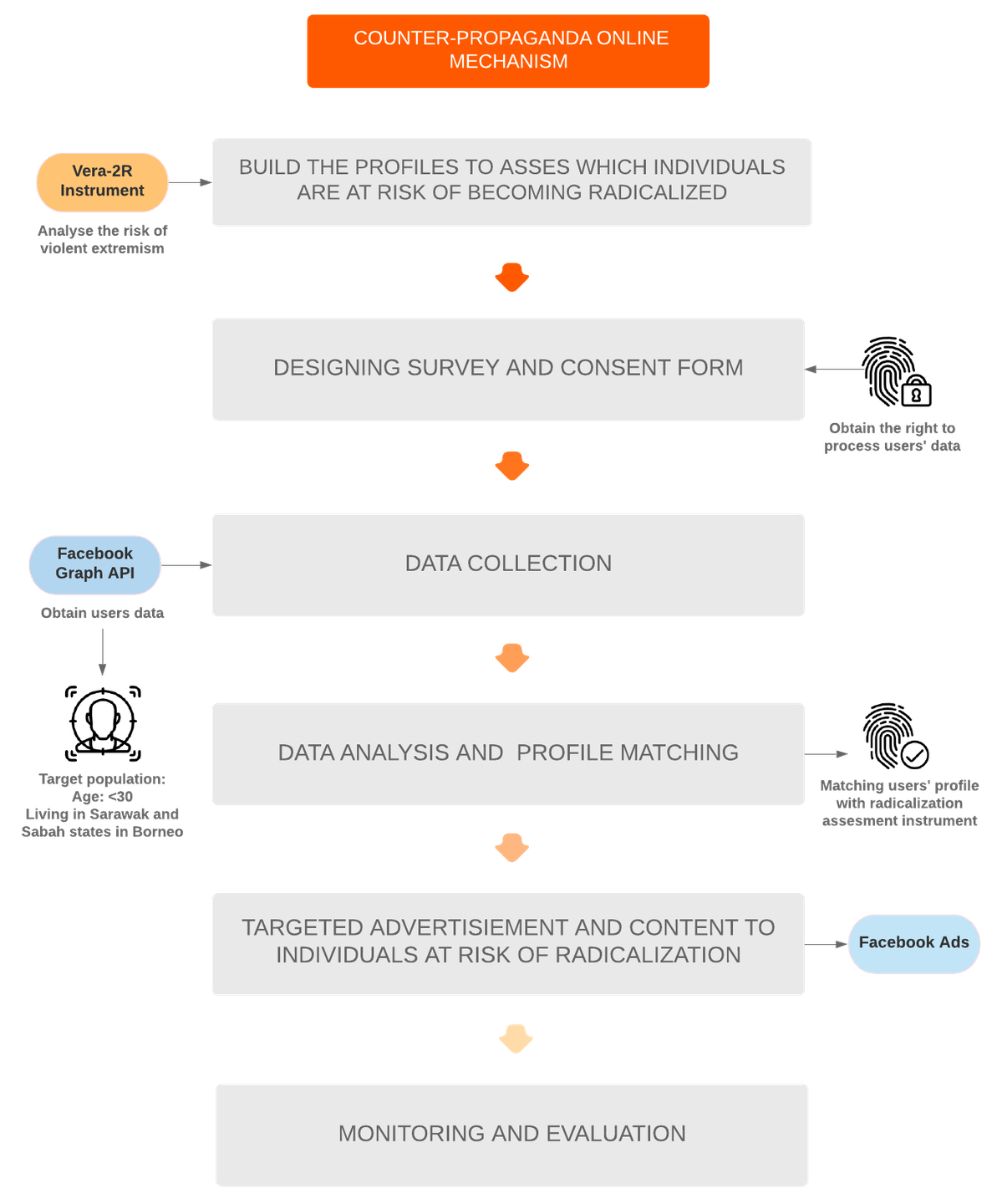Inbox
Move idea from "Submission and Collaboration" stage to:
Do you want to send this idea to AdaptiveWork?
Do you want to send this idea to Portfolios?
Which workspace template do you wish to use?
on
In 2015, The Malaysian Special Branch Counter-Terrorism Division stated that around 98 percent of Malaysian terrorist members and supporters were recruited online. That same year, about 450 Indonesians and Malaysians left their country to join ISIS in Iraq and Syria. These figures underline the risk behind the spread of ISIS-inspired violent content online targeting Malaysia’s Muslim community, particularly the youth.
Despite efforts of local governments to respond to this pressing issue, mechanisms to prevent the radicalization of young adults remains weak overall. In fact, most of the solutions have been targeting terrorists rather than radicalization. (add data on why military approach may be worse) There is, therefore, a need for a solid counter-narrative solution to undermine online terrorist propaganda and reduce their internet recruits.
To this end, the proposed solution is an automated counter-propaganda mechanism that uses psychographic microtargeting on social media to screen young adults who are vulnerable to violent extremism in Malaysia.
The solution unfolds as follows:
FIRST: BUILDING PROFILES
Psychometric scales and assessment tools are combined to build the profiles that will later be used to measure features of radicalization. The Violent Extremist Risk Assessment (VERA-2) is an instrument applicable for the assessment of risk of violent extremism and for risk trajectories of men, women, and youth.
Figure (1): The Vera-2R Instrument components
This instrument will be used to build our profiles to screen which online users in Malaysia might be at risk of violent extremism and terrorism.
SECOND: SURVEY AND CONSENT FORM (DATA COLLECTION)
A survey is designed to collect data from Facebook users living in specific regions at risk of bedding violent extremism. The target population is individuals under the age of 30 who live in Sarawak and Sabah states in Borneo, some of the most economically deprived areas of Malaysia where income inequality is most rampant. To achieve a high participation rate, a small remuneration will be offered to each participant who fill out the survey.
Furthermore, participants will need to sign a consent form granting us the right to access their content insights and manage their interactions using Facebook’s graph API. The data will be collected to assess whether their profile match the one of individuals at risk of becoming radicalized.
THIRD: MATCHING PROFILES AND TARGETED ADVERTISEMENT
Once the data is collected and analyzed, each user profile matching our radicalization framework will be matched with tailored advertisements and counter-propaganda content on social networks, more specifically Facebook.
Figure (2): prototype of a screened user
Figure (3): Prototype of a targeted advertisement
While our solution contributes to the protection of public security, it is important to establish appropriate and robust safeguards to ensure the protection of fundamental rights of our users, including the protection of personal data, freedom of expression and information, and the principle of non-discrimination.
Datasets will be under the authority of UNCCT and the ITU Area Office for South-East Asia to ensure that personal information is properly protected. We are confident that this solution is impactful and directly addresses the challenge of countering terrorist content online among the youth in South East Asia.
A summary of the process can be found in the following figure:
Figure (4): counter-propaganda online mechanism
More information about the project can be found in the proposal attached.
Rama Al Ramahi (Jordan), Camelia Ryane (Morocco), Juan Tomas Sanchez (Spain)

Help to Improve This Idea.